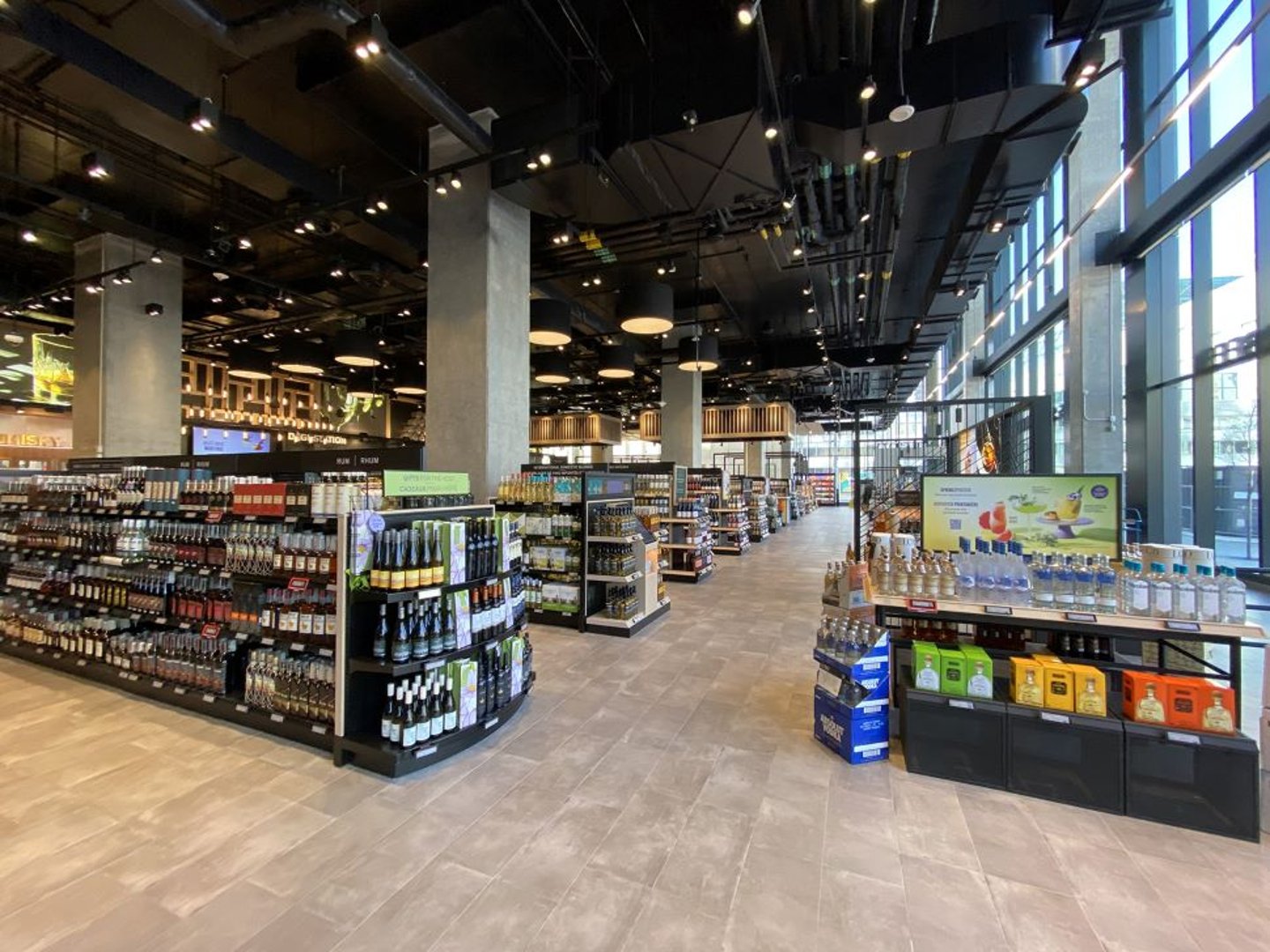LCBO reveals top alcoholic beverage trends for 2024
While many Ontarians made mindful choices to help manage budgets and moderate alcohol consumption this year, they also explored new types of alcoholic beverages. These influences drove beverage alcohol trends and buying behaviours in 2024.
Tequila continued to have strong growth, albeit slower than previous years (+6% compared to +16% last year). American whiskey also captivated people’s attention this year (+7%) partly driven by popular limited releases throughout the year.
Meanwhile more customers discovered the world of Asian spirits, such as soju and whiskies, which offer a delicate and clean flavour profile compared to other styles.
Wine preferences are showing a change, with a shift away from heavier styles towards fresher styles of wine, including lighter reds, low and dealcoholized wines, and refreshing whites such as Sauvignon Blanc and Pinot Grigio.
READ: The Wine Report: Cheers to holiday sales at convenience
Local Ontario Icewine deviates from this trend, which has experienced a consistent upward trend since 2022 (+7% in the last year and +29% since 2022). Meanwhile value priced reds and whites are attracting customers who are exploring options offering quality and affordability.
A notable trend in both spirits and wines is the demand for smaller formats which provides a great option for those who don't want to commit to a full-size bottle. In response to growing demand, LCBO has expanded the selection of smaller formats, now offering forty-three 375ml wines and two hundred 375ml and under spirits.
Ready-to-Drink products, which include pre-mixed cocktails and coolers, remained popular throughout the year, but cocktails (+17%) stand out as the fastest growing segment. Customers also took advantage of variety packs which allowed them to try different flavours from their favourite brands.
When it comes to beer, customers are looking for more robust and flavourful beers like strong ales, stouts and porters, which are particularly popular during colder months. A standout trend was the growth of de-alcoholic beer (+69%), supported by the influx of new products over the past year such as Guinness 0 and some local favorites such as Bellwoods Jelly King Non-Alcoholic Sour, and Muskoka Brewery Veer Lager with Lime.
Overall, lighter options—which can include lower sugar or low or no alcohol content – continue to be a popular choice among customers. Products with no alcohol saw growth of 73% over the last year and 189% growth since 2022.
December is a peak sales period for no- or low-alcoholic options as many Ontarians look to partake in celebrations without alcohol consumption or provide choices for their guests when entertaining. LCBO has launched an additional six dealcoholized products for the holiday season, including its first local cider.




